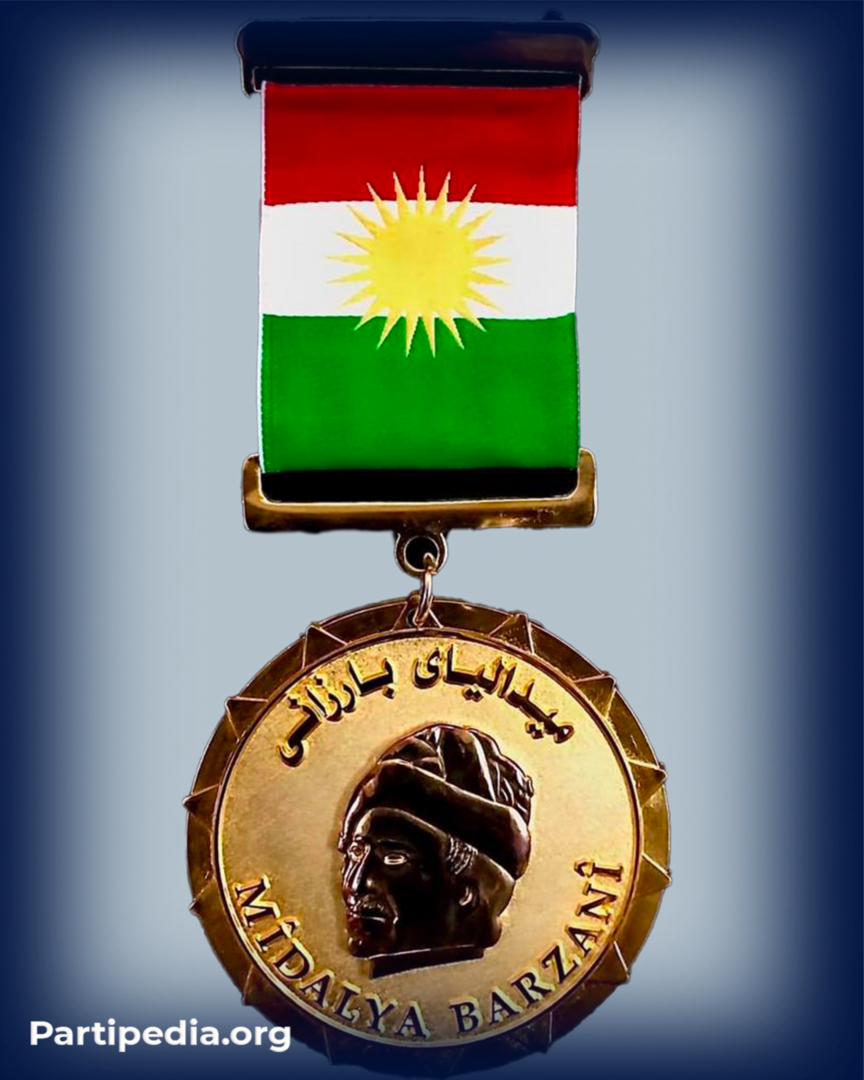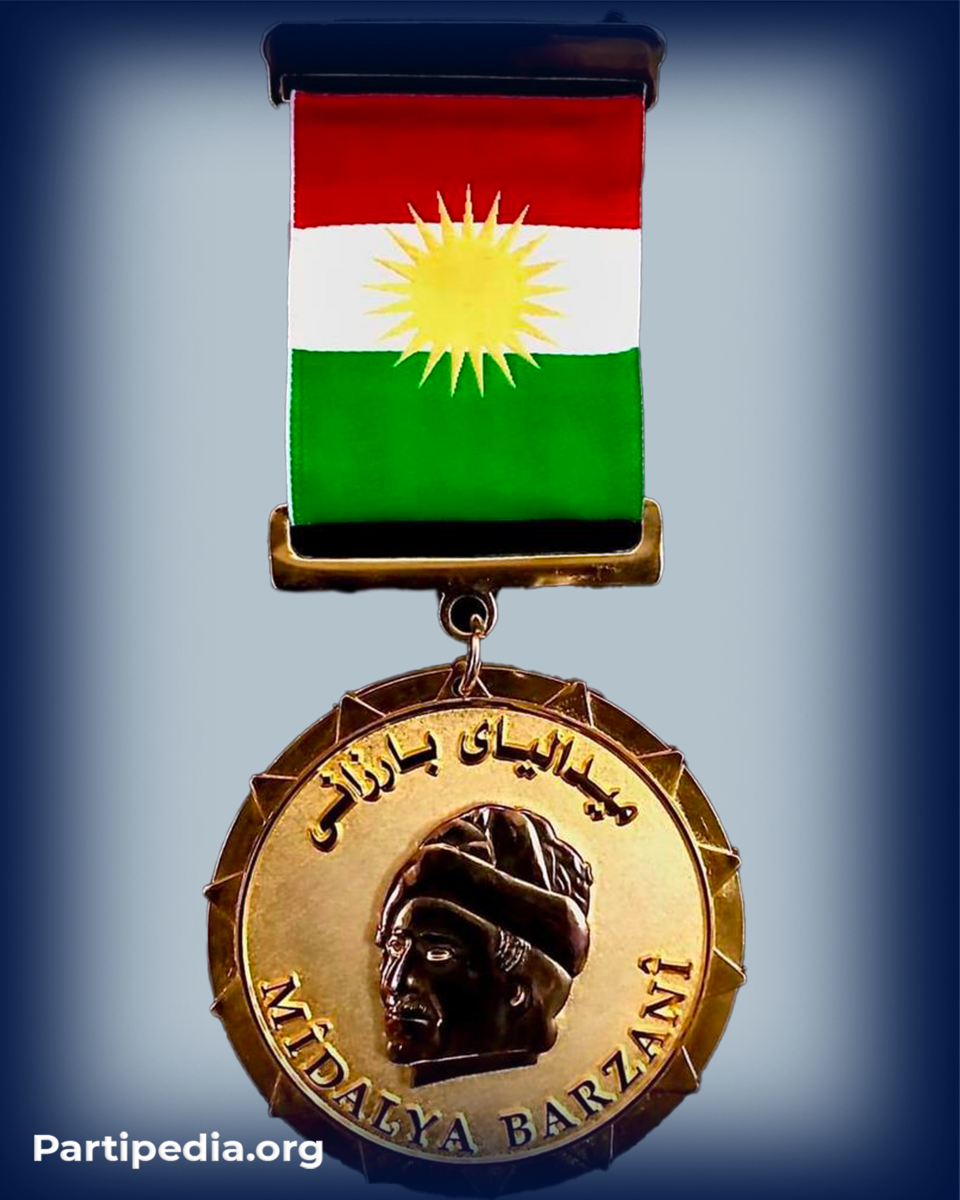Sulaiman Ahmad Ismail Omar Dolamari was born in 1953 in the village of Khara, located in the Mergasuri district of Erbil province. At the age of 14, in 1967, he joined the Peshmerga forces of the Aylul Revolution. Over the course of three years, he served alongside Ozer Dulamari in the region of Dilman, contributing significantly to their efforts.
Following the signing of the March 11, 1970, agreement, Sulaiman Ahmad Ismail Omar Dolamari was reassigned from Dilman to Qasre, where he undertook a specialized machine gun training course. Subsequently, in 1974, when the Iraqi regime launched its military campaign against the Kurdish revolution, Dolamari was stationed in the revolutionary cannon unit alongside Omar Agha Dolamari. In this capacity, he played a crucial role in defending Kurdistan, operating the revolutionary cannon to support the Kurdish resistance.
In 1975, following the collapse of the Aylul Revolution, Sulaiman Ahmad Ismail Omar Dolamari fled to Iran. Initially, he resided in Naghdeh and later moved to the Zewa camp. Subsequently, the Iranian government transferred him to Jahram, and two years later, he was relocated to Lahijan. After spending two years in Lahijan, Dolamari requested a transfer to Qazvin, where he settled due to the presence of his brother’s residence.
In 1979, following the collapse of the monarchy in Iran, Sulaiman Ahmad Ismail Omar Dolamari and his brother Rashid rejoined the revolution and returned to south Kurdistan as part of a detachment tasked with conducting military operations against the Iraqi regime. Tragically, later that year, Rashid was martyred during a confrontation with the Iraqi army in the Diyana district.
In 1980, Sulaiman Ahmad Ismail Omar Dolamari traveled to the Barazgar plain in the Syedkan district alongside Idris Barzani and Sheikh Mohammed Khalid from Zewa. After completing this mission and visiting the Barzan Peshmerga forces in the region, he returned to Zewa camp. Later that year, following his return from Razhan in East Kurdistan, Dolamari participated in a training course on the use of the 57 rifle. Upon completing this course, he proceeded to South Kurdistan with Ozer Dolamari, where they conducted several operations against Iraqi army positions in Gore Gome, Leluk Bridge, and Sarke Gorge in the Mergasur district. Additionally, in the same year, he took part in the significant Battle of Mergasuri under the command of Ahmad Saeed Spindari.
In 1988, Sulaiman Ahmad Ismail Omar Dolamari participated in the Battle of Zahir's Grave in Khwakurk, located at the intersection of East, South, and North Kurdistan. Following the Anfal campaign and the chemical attacks perpetrated by the Iraqi government against Kurdish civilians, he returned to East Kurdistan.
In 1991, following the Kurdistan Uprising, Sulaiman Ahmad Ismail Omar Dolamari returned to South Kurdistan and settled in the Shekhani village of Mergasur district. In 1994, he was appointed deputy of the 100th Barzan Army. Throughout his service, Dolamari sustained injuries on four occasions during battles to defend Kurdistan. These engagements included the Battle of Sori People in the Dolamarian region in 1980, the Battle of Spilk in 1995, the Battle of Gomespan in 1996, and the Battle of Shakrok in 1997.
On December 15, 2010, Sulaiman Ahmad Ismail Omar Dolamari was honored with the prestigious Barzani Medal by President Masoud Barzani during the 13th Congress of the Kurdistan Democratic Party (KDP). This distinguished award was presented in recognition of Dolamari’s enduring contributions and unwavering dedication to the Kurdish cause.
Source:
Kdp encyclopedia archive





